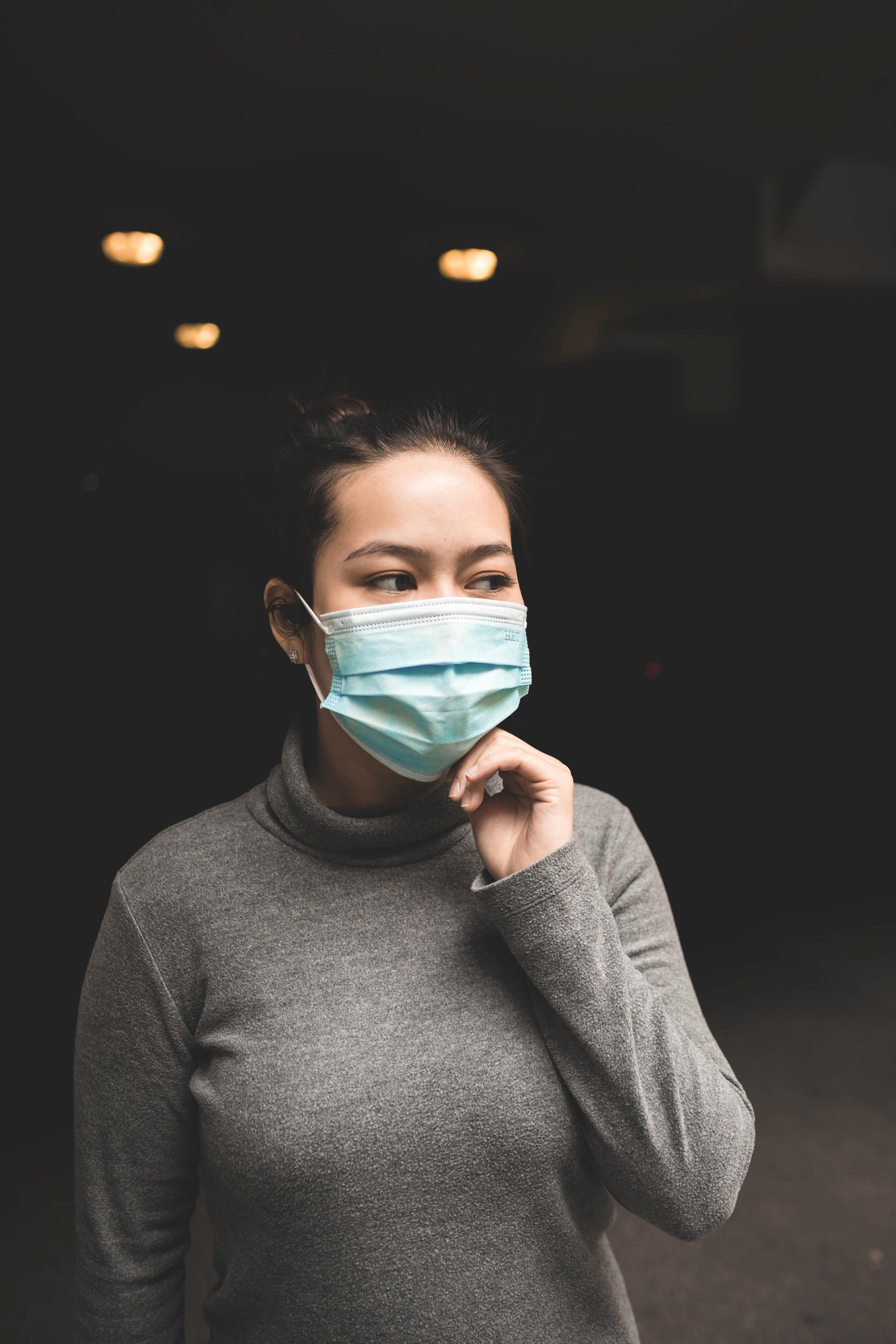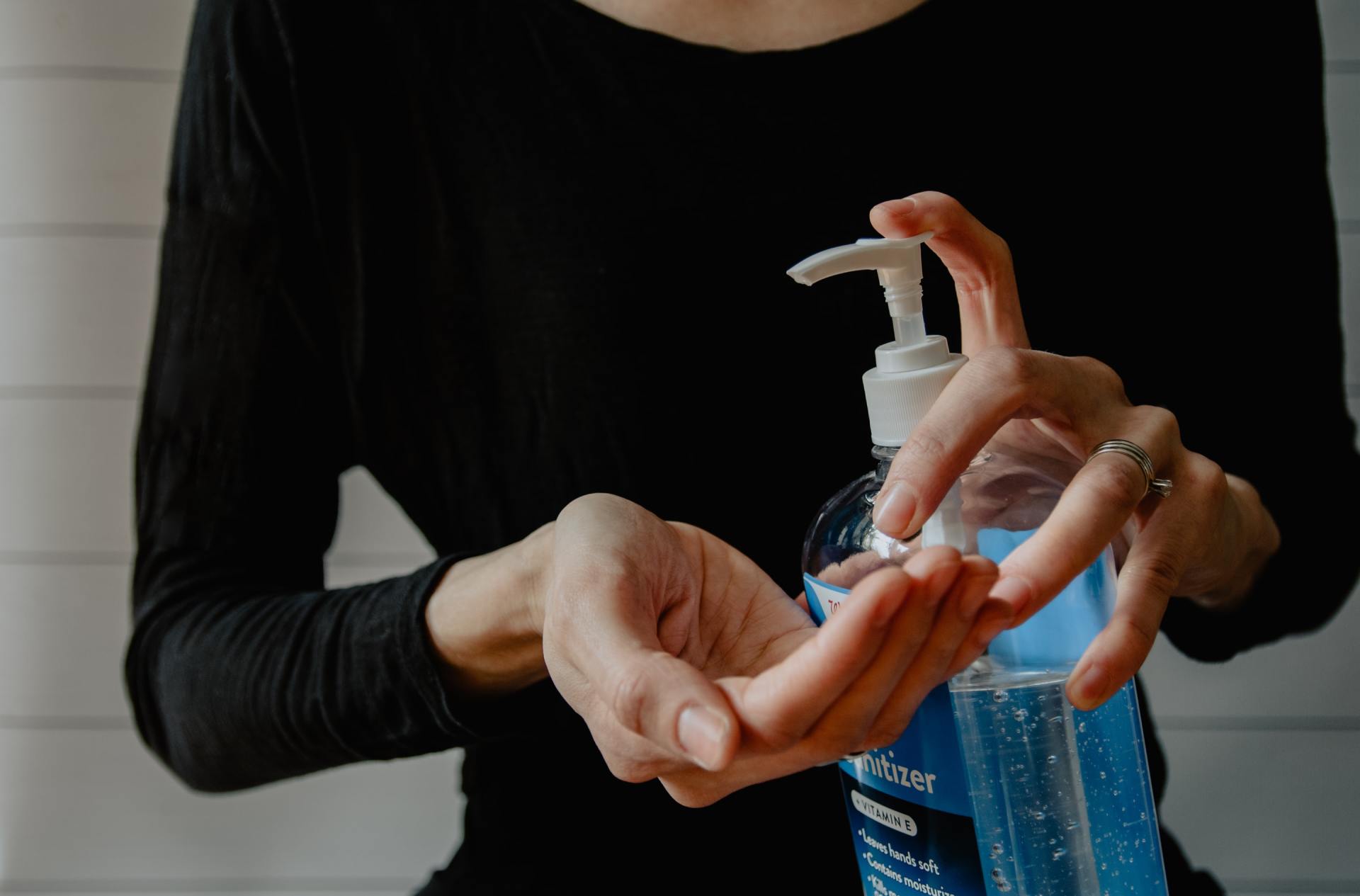10 Basic things you should know from CHATS' Infection Prevention and Control Nurses
“Together we are powerful. Containment starts with you. Our greatest enemy right now is not the virus itself. It’s fear, rumours and stigma. And our greatest assets are facts, reason and solidarity”.
WHO Director-General.
1. First, as we keep saying, wash your hands frequently with soap and water or with an alcohol-based hand
sanitizer.
2. Touching your face after touching contaminated surfaces or sick people is one of the ways the virus can be transmitted. By washing your hands, you can reduce the risk.
3. Educate yourself about COVID-19. Make sure your information comes from reliable sources – i.e. Public
Health Ontario https://www.publichealthontario.ca/
, York Region Public Health, Ontario Ministry of Health
https://www.ontario.ca/page/2019-novel-coronavirus, and WHO website https://www.who.int/. Everyone
should know about the symptoms – for most people, it starts with a fever and dry cough, not a runny nose.
Most people will have mild disease and get better without needing any special care.
4. Avoid travelling if you have cough or fever, and if you become sick on a flight, inform the crew immediately.
Once you get home, make contact with your health professional (call), your Supervisor and CHATS IPAC
nurse and tell them about where you have been. Cruises are not recommended at this time.
5. If you cough or sneeze, do it in your sleeve, or in a tissue. Dispose of the tissue immediately and then wash your hands.
6. If you are over 60 years old, or if you have an underlying condition like cardiovascular disease, a respiratory
condition or diabetes, you have a higher risk of developing severe disease. You may wish to take extra
precautions to avoid crowded areas, or places where you might interact with people who are sick.
7. If you feel unwell, stay at home and call your doctor or local health professional. He or she will ask you
about your symptoms, where you have been and who you have had contact with. They will help to make
sure you get the right advice, are directed to the right health facility, and will prevent you from infecting
others. You could also call Telehealth Ontario at 1-866-797-0000.
8. If you are sick, stay at home, and eat and sleep separately from your family, use different utensils and
cutlery to eat. Many people are saying they can’t afford to stay home when sick because of lack of sick
benefits. You must stay home. Reach out to your Supervisor if you are struggling with lost time.
9. If you develop shortness of breath, call your doctor and seek care immediately.
10. It’s normal and understandable to feel anxious. Reach out to your IPAC team and or Supervisor or the
Human Resources team. Employee Assistance Program is also available. 1-800-268-5211 or contact Human
Resources for information.




